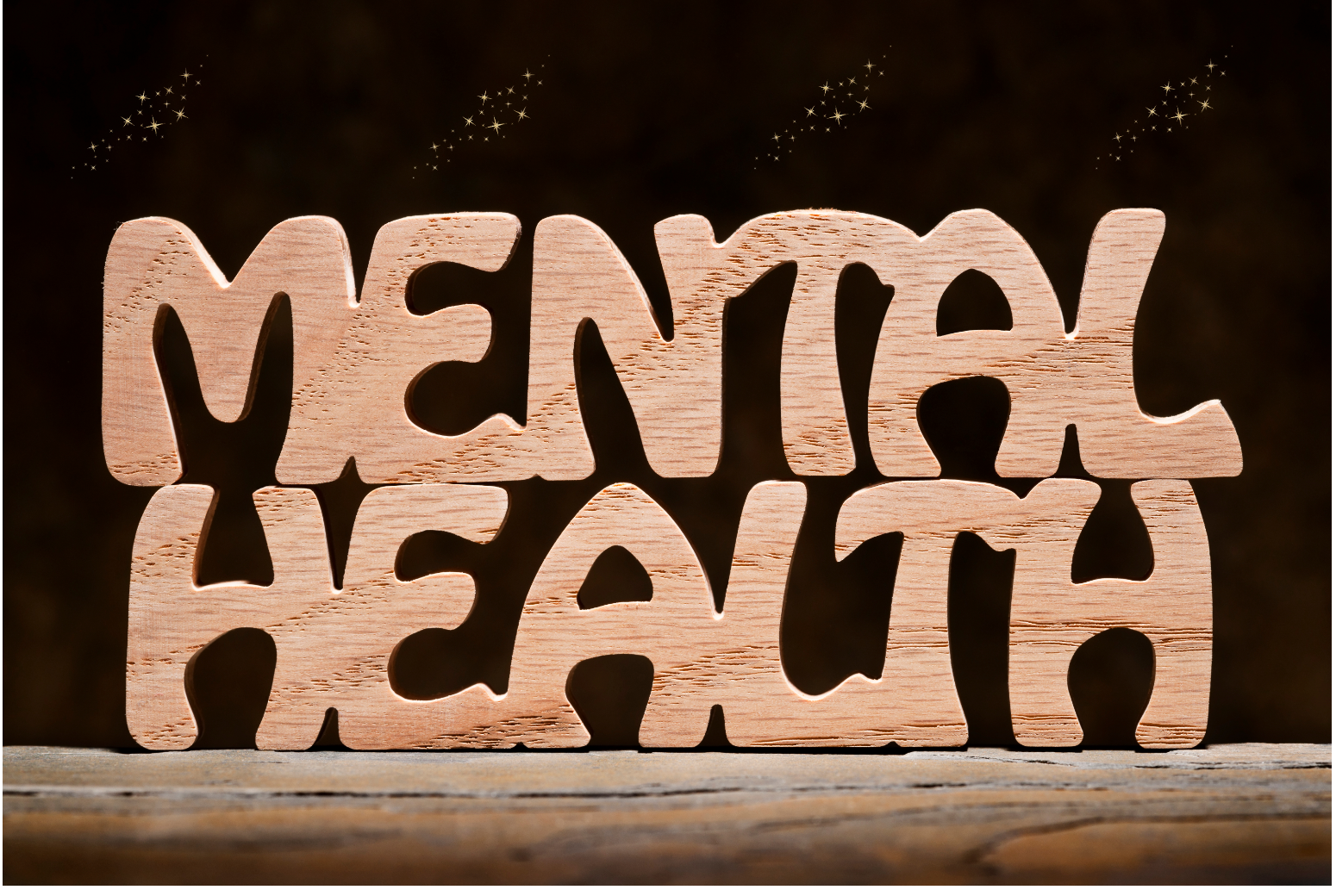
Mental health isn’t just a buzzword. It’s a crucial part of living a balanced, fulfilled life. Ever think about how you treat your physical health? That’s how mental health should be handled, too. Not often do we see someone hesitate to talk about a broken arm or a high fever, right? But mental health, well, that’s treated differently, and that’s exactly what needs fixing. 10 Common Mental Health Myths Debunked
Picture this: mental health affects how we think, act, and feel. It influences how we handle stress, make choices, and relate to others. When something this important is sidelined, it ain’t good news for anyone. Talking about mental health doesn’t just help individuals who are struggling; it sends a message that it’s okay to seek help.
Stigma around mental health? Total game changer if knocked down. Society tends to judge harshly or dismiss mental health issues, throwing up barriers for those who need help. When we don’t talk openly about these challenges, misconceptions grow. Education and conversation can bust those myths wide open.
Avoiding mental health conversations can have serious consequences. Issues left untreated or unspoken don’t just magically vanish. They tend to snowball, affecting everything from personal relationships to professional productivity. Conversations about mental health might seem hard, but the repercussions of silence are way harder to deal with.
The Power of Conversation: Why We Need to Talk About Mental Health
Everyone everywhere benefits when we talk openly about mental health. These conversations breathe life into understanding and compassion. When we talk, we break the chains of stereotypes and misinformation. Just like knowing how the human body works is essential, understanding mental health belongs in our everyday discussions. It’s a two-way street—normalizing mental health talks not only helps folks going through tough times but also enriches our collective empathy.
Why do we need these talks? Well, imagine feeling alone in a crowded room. That’s how unspoken mental struggles feel. When we open up about mental health, we create a space for connection, for realizing we’re not alone. So typically, when someone shares their story, it can encourage others to do the same. It’s like a ripple effect, turning one conversation into many more, each carrying the power to heal and support.
Empathy starts with conversations, yet so many remain silent out of fear or misunderstanding. By making mental health a regular topic with friends, family, and coworkers, we take down those walls brick by brick. These talks empower people to seek help and build community support systems—one chat at a time.
The simplest of chats can lead to someone feeling better heard and understood. And that can make all the difference. Knowing your voice can inspire strength and hope in someone else is powerful. Mental health isn’t a destination, but a journey. Conversations pave the way for smoother travels for all of us.
Starting the Dialogue: Engaging Communities

Opening up about mental health isn’t just about you and me—it’s about us, as a society, figuring out how to be more supportive and understanding. It’s about creating spaces where mental health is okay to talk about, anytime, anywhere. What’s the trick? Being open, approachable, and ready to listen.
How do you start these crucial conversations at home, work, or school? Begin with a simple question like, ‘How are you, really?’ Make it known you’re there to listen without judgment. These genuine interactions build a foundation of trust and safety, encouraging more openness from those around you.
Building a supportive environment means making mental health discussions as routine as grabbing coffee. Encouraging real talk about mental health in diverse forums—like community centers or workplace meetings—can make a massive difference. This isn’t just about hitting the right words; it’s about showing you’re there, you’re listening, and you care.
Starting these dialogues isn’t a one-size-fits-all. Embrace different approaches to suit varied audiences. Schools, for instance, might use creative activities for expression, while workplaces could integrate mental health days into their ethos. Inclusivity is key, so everyone feels their voice matters.
Why’s it important to get conversations rolling? Because it sets the stage for change. The more we chat, the more we learn, and the more inclusive our communities become. So grab a moment, ask a question, and be there. You never know when your openness might spark a candle of hope in someone else.
Empowerment Through Knowledge: Why Knowing About Mental Health Matters
-
Understanding mental health isn’t just for professionals. It’s for everyone who cares about living a fulfilling life. Knowledge is a tool that empowers individuals and communities alike to make informed decisions about well-being.
-
Why should knowing about mental health be on everyone’s radar? Because it changes the way we perceive challenges and care for those around us. Awareness equips us with compassion and understanding, helping to support those who may be struggling silently.
-
Mental health education is a game-changer, especially when introduced early in schools and workplaces. By weaving mental health topics into everyday curricula and office talks, we nurture cultures that prioritize mental well-being.
-
Knowledge fosters empathy. Recognizing the signs of mental health struggles can make us better friends, family members, and colleagues. Armed with the right information, we can approach situations not with fear or prejudice, but with understanding and support.
-
Resources like workshops, online courses, and support groups offer endless opportunities to learn. By encouraging self-education, communities grow stronger together. Knowledge isn’t just power—it’s the bridge to a more understanding and supportive world.
